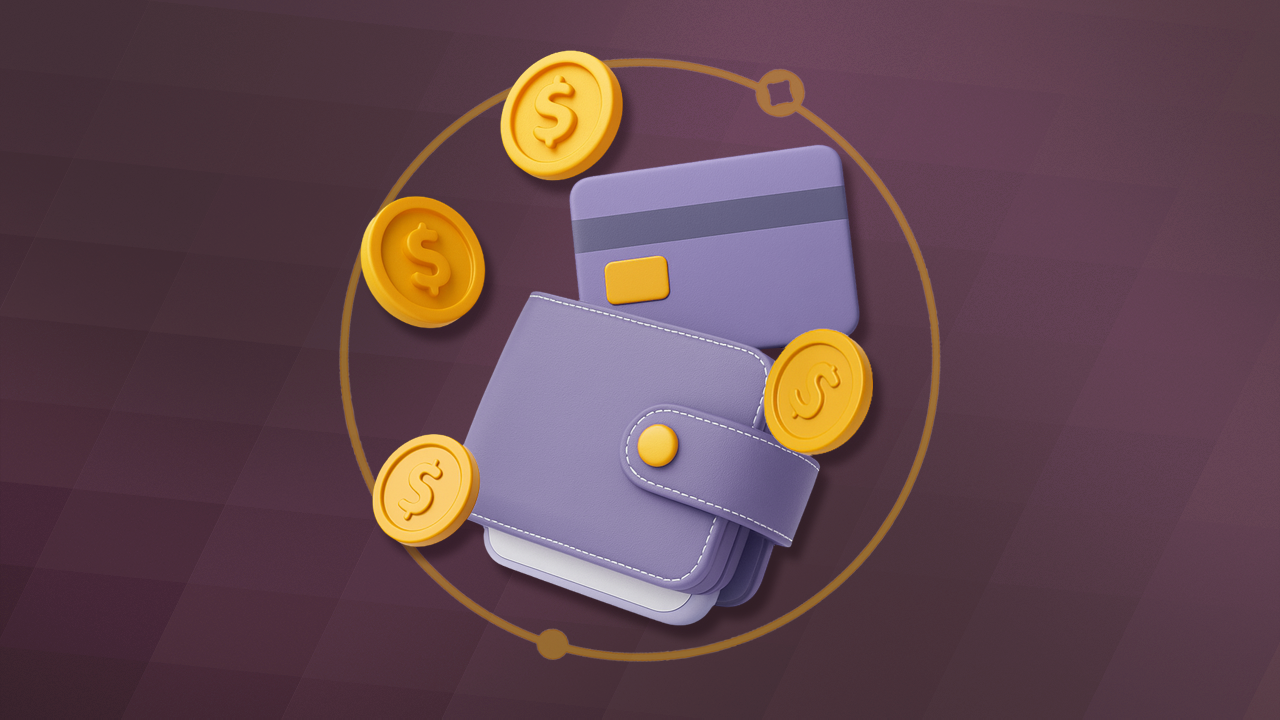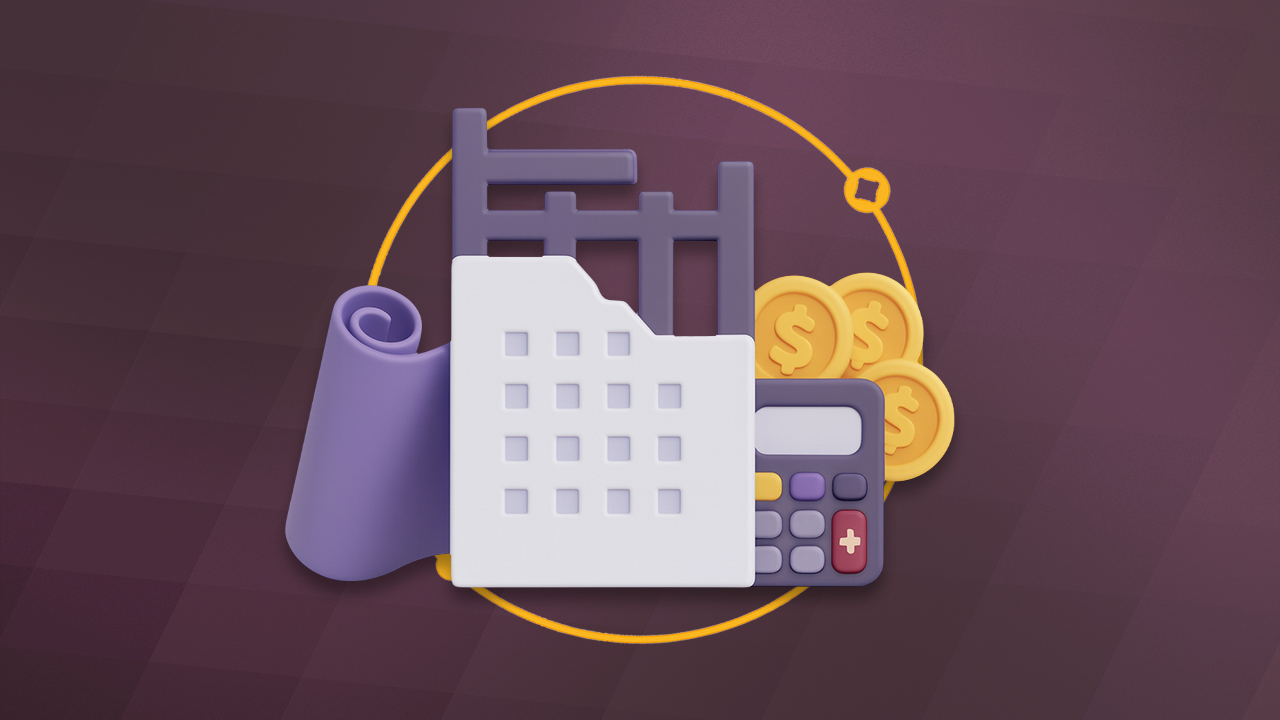When you have unpaid invoices, one tool you have at your disposal is the Notice of Intent to Lien (NOI). It’s essentially a formal warning that says, "If I’m not paid, I’ll file a mechanics lien."
But should you send one? The decision comes down to state regulation, deadlines and the outcome you’re trying to achieve.
Refresher on Notice of Intent to Lien?
A Notice of Intent to Lien is a legal document that signals your intent to file a lien if payment isn’t received. It serves as a final warning before you take legal action to secure your rights. While it’s not required in every state, it can be an effective tool to get your customer’s attention and encourage payment.
Factor #1 - Is it required by the state?
Some states require you to send an NOI before you can file a mechanics lien. If your project is in one of these states, you have no choice—the notice has to be sent. But in most places, the decision is up to you. It’s about judging your situation and deciding whether sending an NOI will push your customer to pay or if it’s just an extra step that might not do much.
Factor #2 - Are you approaching your lien deadline?
Make sure you’ve got time on your side. Sending an NOI doesn’t extend your mechanics lien deadline. If you’re close to the deadline, don’t waste time sending the notice—file the lien directly. In states where the NOI isn’t mandatory, ensure you’re still within your lien window before sending it. Miss that, and you lose your lien rights.
Pro tip - even if you’ve lost your right to file a lien, you can still send an NOI as a bluff. An NOI shows you’re not just asking anymore—you’re ready to take legal action. There’s no legal consequence for sending an NOI, even if you can’t follow through with a lien.
Factor #3 - Do you need to get the owner involved?
Many times, the threat of a lien is enough to get payment without needing to file one. But the effectiveness is highly dependent on your specific situation. For example, if there’s a dispute over the quality of the materials that you have provided or the customer is on the brink of bankruptcy, then sending an NOI won’t change much.
But if you’re dealing with a contractor and the property owner isn’t aware of the payment issue, then sending the NOI could pressure them to get things sorted and get you paid. In cases like that, the notice can be a game changer without you ever having to file the lien.
Bottom Line
When you're dealing with unpaid invoices, a Notice of Intent to Lien can be a smart move. It’s a powerful way to show you're serious about getting paid, often without needing to file the lien itself. Just make sure you’re clear on your deadlines and ready to follow through if necessary.
Don't miss these articles
Make every Nickel count
Join 10,000+ businesses paying and getting paid on Nickel






